Rosetta: 'Rock and roll' space mission crashes to an end
Spacecraft touches down on comet 67P as European Space Agency says goodbye to 20-year project
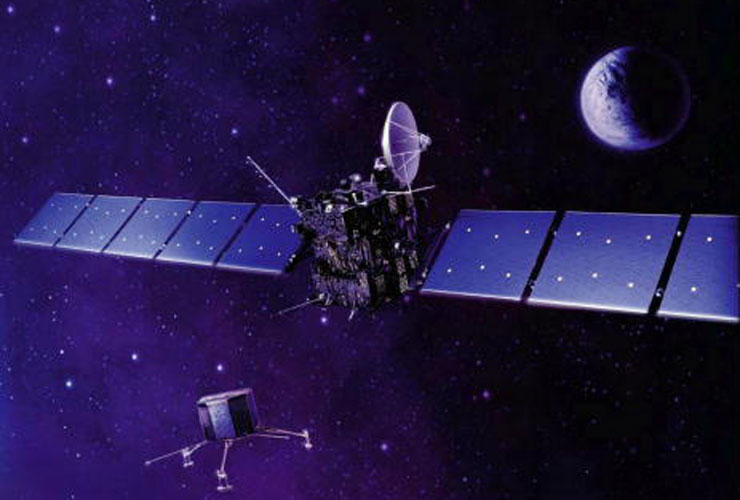
A free daily email with the biggest news stories of the day – and the best features from TheWeek.com
You are now subscribed
Your newsletter sign-up was successful
Once described as the "sexiest, most fantastic mission there's ever been", the Rosetta spacecraft has gone out in a blaze of glory, ending its mission with a distinctly soft landing on comet 67P.
It touched down on its chosen target at around 12.20pm BST.
What was Rosetta?
The Week
Escape your echo chamber. Get the facts behind the news, plus analysis from multiple perspectives.

Sign up for The Week's Free Newsletters
From our morning news briefing to a weekly Good News Newsletter, get the best of The Week delivered directly to your inbox.
From our morning news briefing to a weekly Good News Newsletter, get the best of The Week delivered directly to your inbox.
Named after the Rosetta Stone, the spacecraft was launched by the European Space Agency (ESA) in 2004. It was the first spacecraft ever to orbit a comet, travelling around 67P, a duck-shaped piece of dust, ice and rock situated 252 miles from Earth.
In another historical first, Rosetta's tiny robotic probe, Philae, landed on 67P in August 2014, an achievement celebrated across the continent. However, contact was lost on 9 July last year and Rosetta later sent back an image of the probe lying on its side in a deep crack in the shadow of a cliff.
[[{"type":"media","view_mode":"content_original","fid":"101384","attributes":{"class":"media-image"}}]]
Since then, Rosetta has been studying comet 67P in order to better understand how the Earth and life upon it was formed and where the water in our oceans came from.
A free daily email with the biggest news stories of the day – and the best features from TheWeek.com
Why did Rosetta have to crash?
The simple answer is, it didn't. Rosetta could have been left to drift into the universe as comet 67P headed further away from the Sun and the craft's solar panels lost power. But the mission's end would have then been something of a drawn out process.
Andrea Accomazzo, ESA's spacecraft operations manager, told The Guardian: "We could have abandoned it in space or let it bounce off the comet and just switched it off. It wouldn't have created any problem... Landing it is more a psychological thing."
"In other words: it's about closure," says The Verge. "Some of the scientists involved in Rosetta have been working on the project for nearly 20 years."
What has the significance of Rosetta been?
"Rosetta has been comparable to the moon landing," said Accomazzo. "It's that order of magnitude. As a child, I could only have dreamt something like this. It's interesting to see how many emotions landing on a comet still triggers in very many people."
As well as allowing scientists to understand the building blocks of life on the comet and thereby also the origins of the solar system and Earth, the mission has also reignited people's interest in the universe and space travel.
"Rosetta was rock and roll. It turned everything up to 11," said British astrophysicist Matt Taylor.
-
 Political cartoons for February 16
Political cartoons for February 16Cartoons Monday’s political cartoons include President's Day, a valentine from the Epstein files, and more
-
 Regent Hong Kong: a tranquil haven with a prime waterfront spot
Regent Hong Kong: a tranquil haven with a prime waterfront spotThe Week Recommends The trendy hotel recently underwent an extensive two-year revamp
-
 The problem with diagnosing profound autism
The problem with diagnosing profound autismThe Explainer Experts are reconsidering the idea of autism as a spectrum, which could impact diagnoses and policy making for the condition
-
 Data centers could soon be orbiting in space
Data centers could soon be orbiting in spaceUnder the radar The AI revolution is going cosmic
-
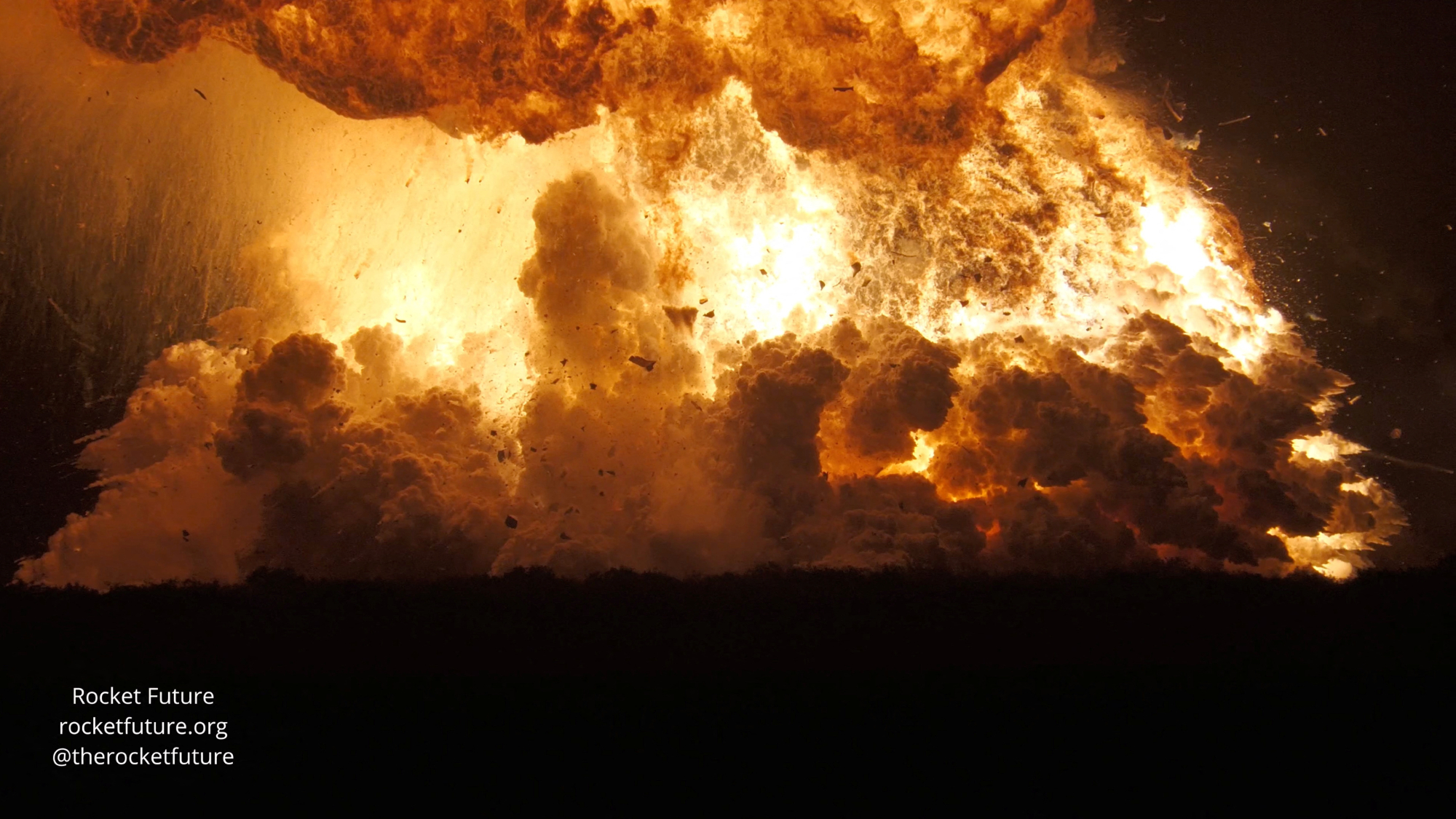 Another Starship blast sets back Musk's Mars hopes
Another Starship blast sets back Musk's Mars hopesSpeed Read Nobody was killed in the explosion, which occurred in south Texas
-
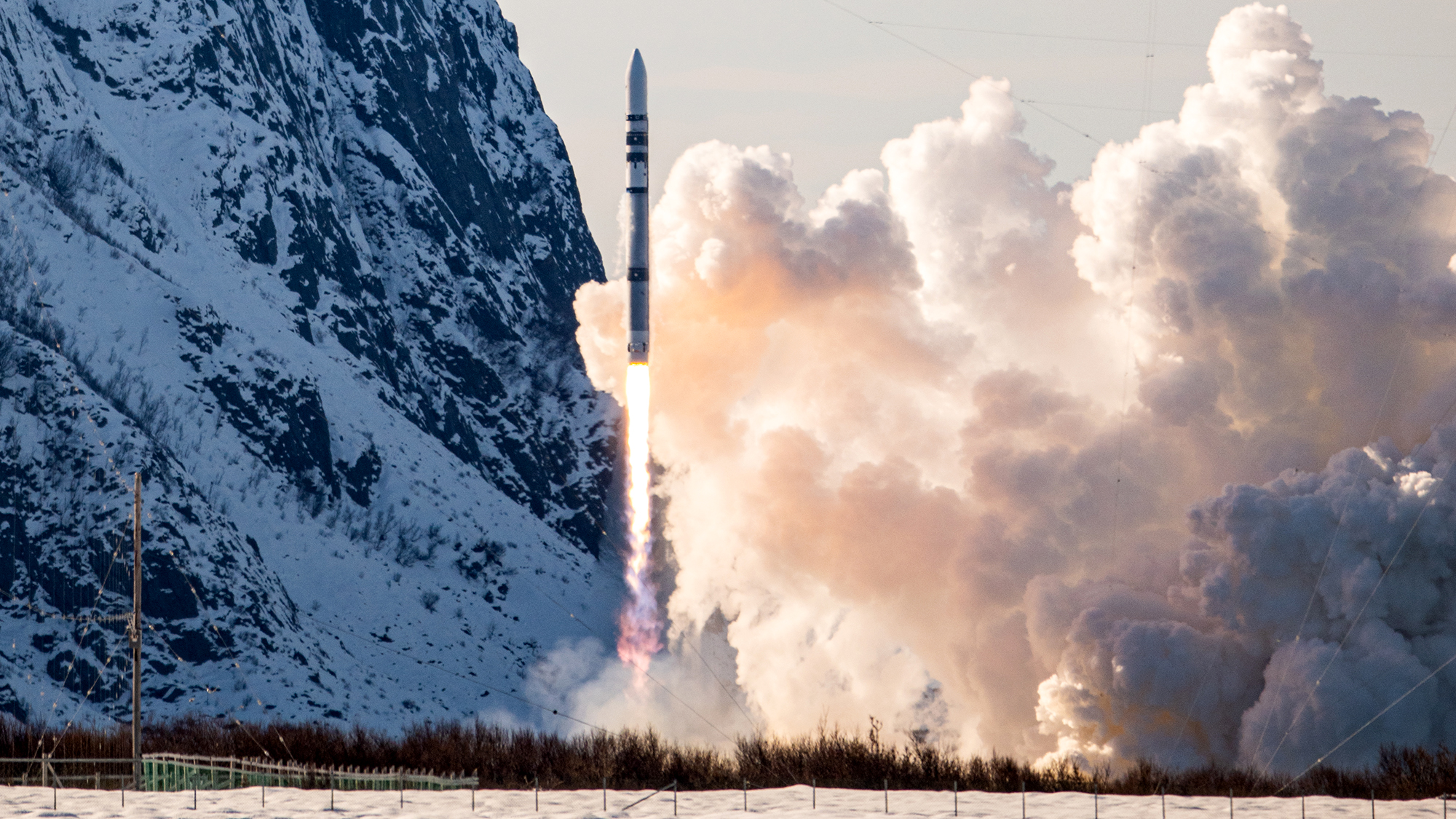 Test flight of orbital rocket from Europe explodes
Test flight of orbital rocket from Europe explodesSpeed Read Isar Aerospace conducted the first test flight of the Spectrum orbital rocket, which crashed after takeoff
-
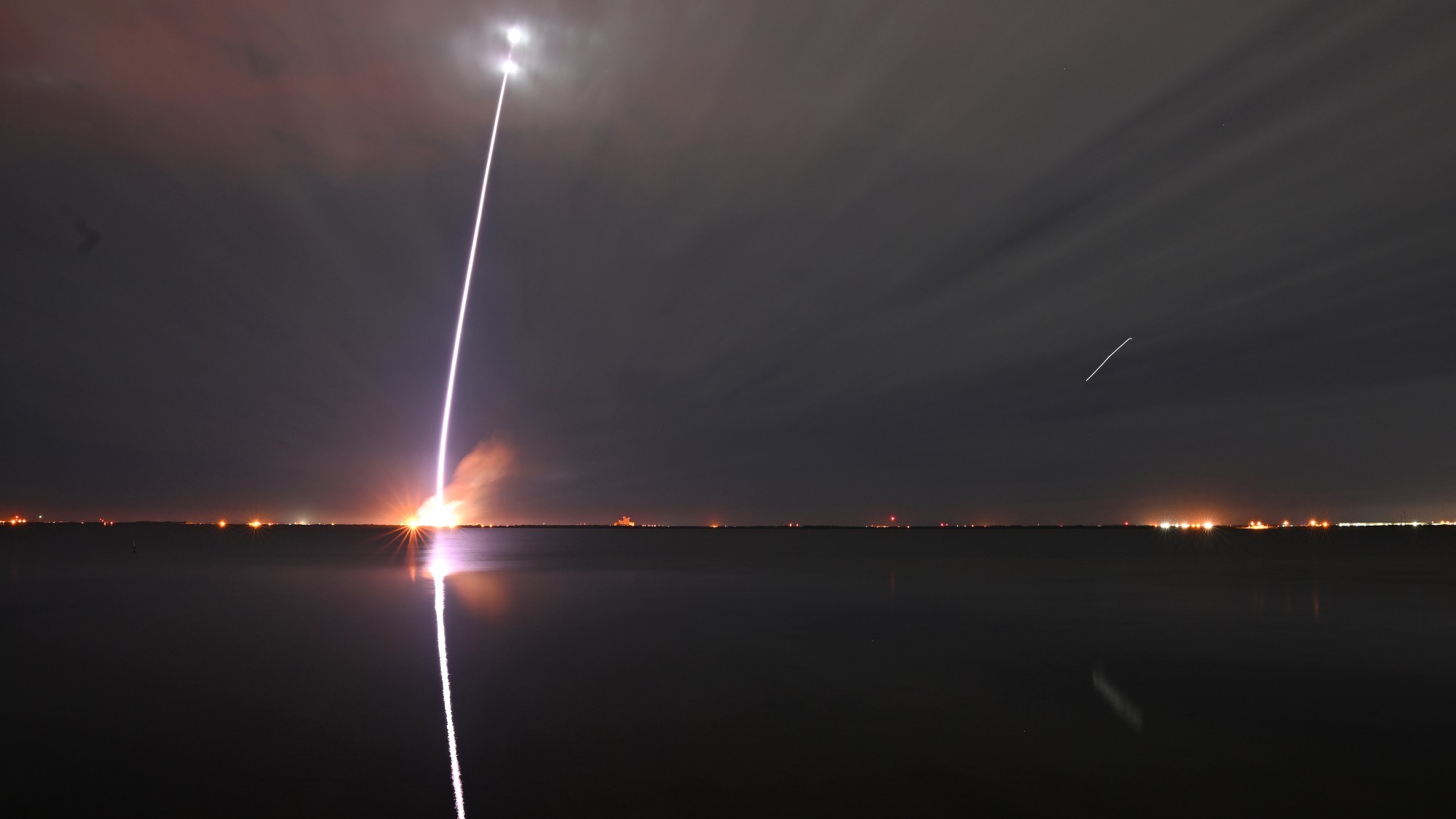 Jeff Bezos, Elon Musk and the billionaire space race
Jeff Bezos, Elon Musk and the billionaire space raceThe Explainer Tesla CEO and Amazon founder vie for dominance of satellite launch market and could influence Nasa plans to return to Moon
-
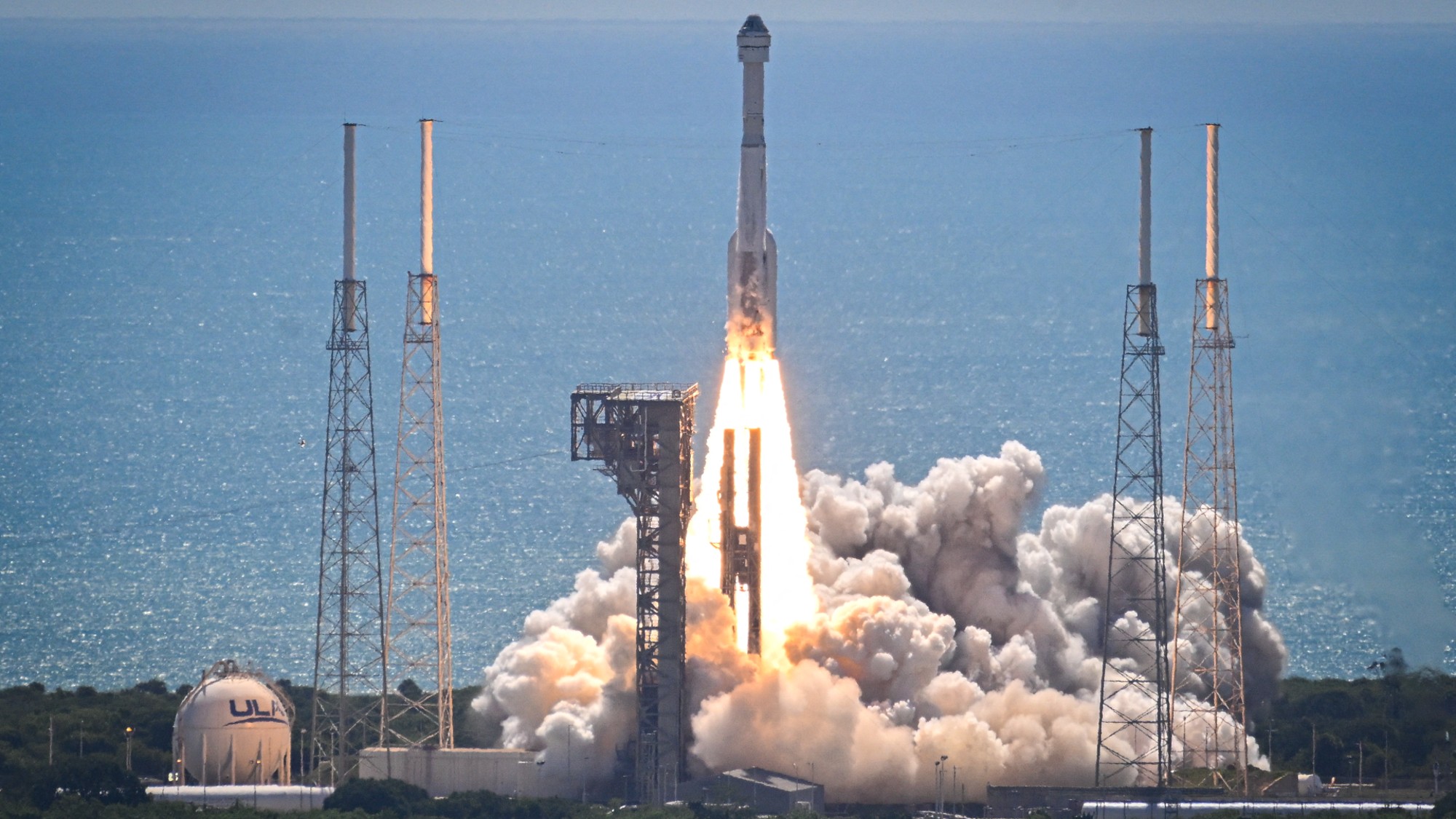 Starliner: What went wrong?
Starliner: What went wrong?Today's Big Question Boeing spacecraft has had a 'long, difficult road'
-
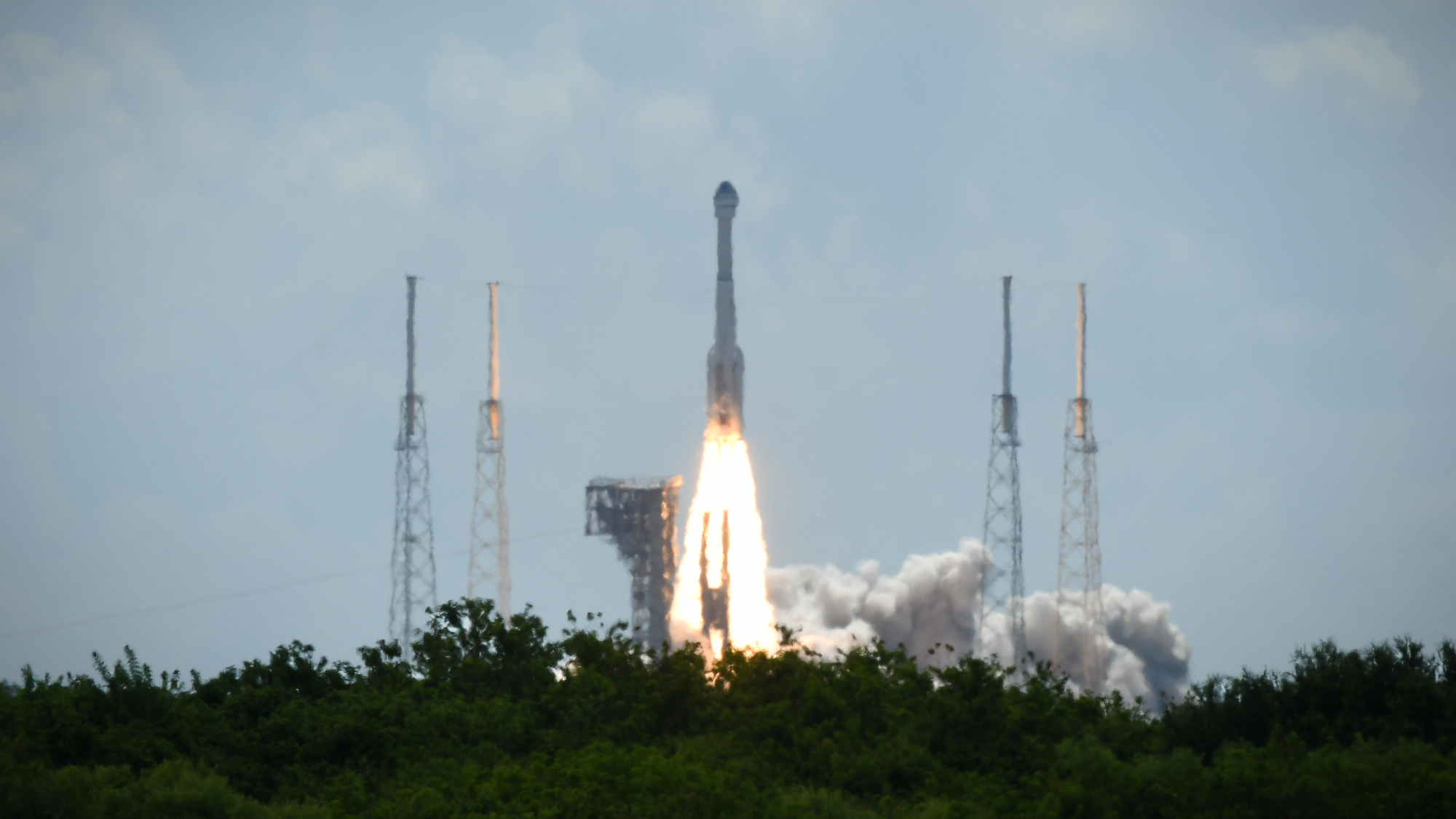 Boeing, SpaceX successfully test key rockets
Boeing, SpaceX successfully test key rocketsSpeed Read Boeing’s Starliner docked at the ISS and SpaceX completed its fourth test launch of its Starship spacecraft
-
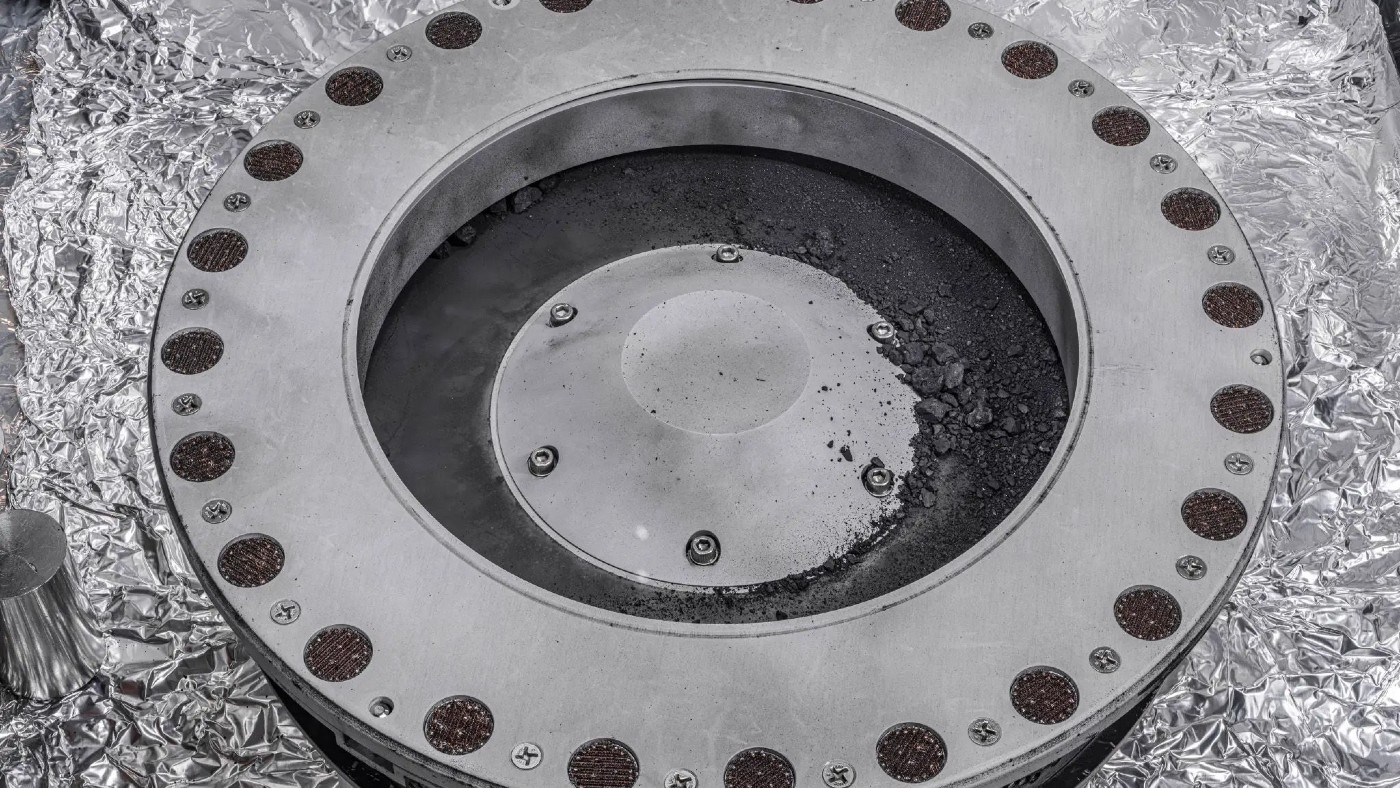 Nasa reveals first findings from asteroid that could explain origins of life
Nasa reveals first findings from asteroid that could explain origins of lifeSpeed Read Sample from Bennu has been found to contain an abundance of water and carbon
-
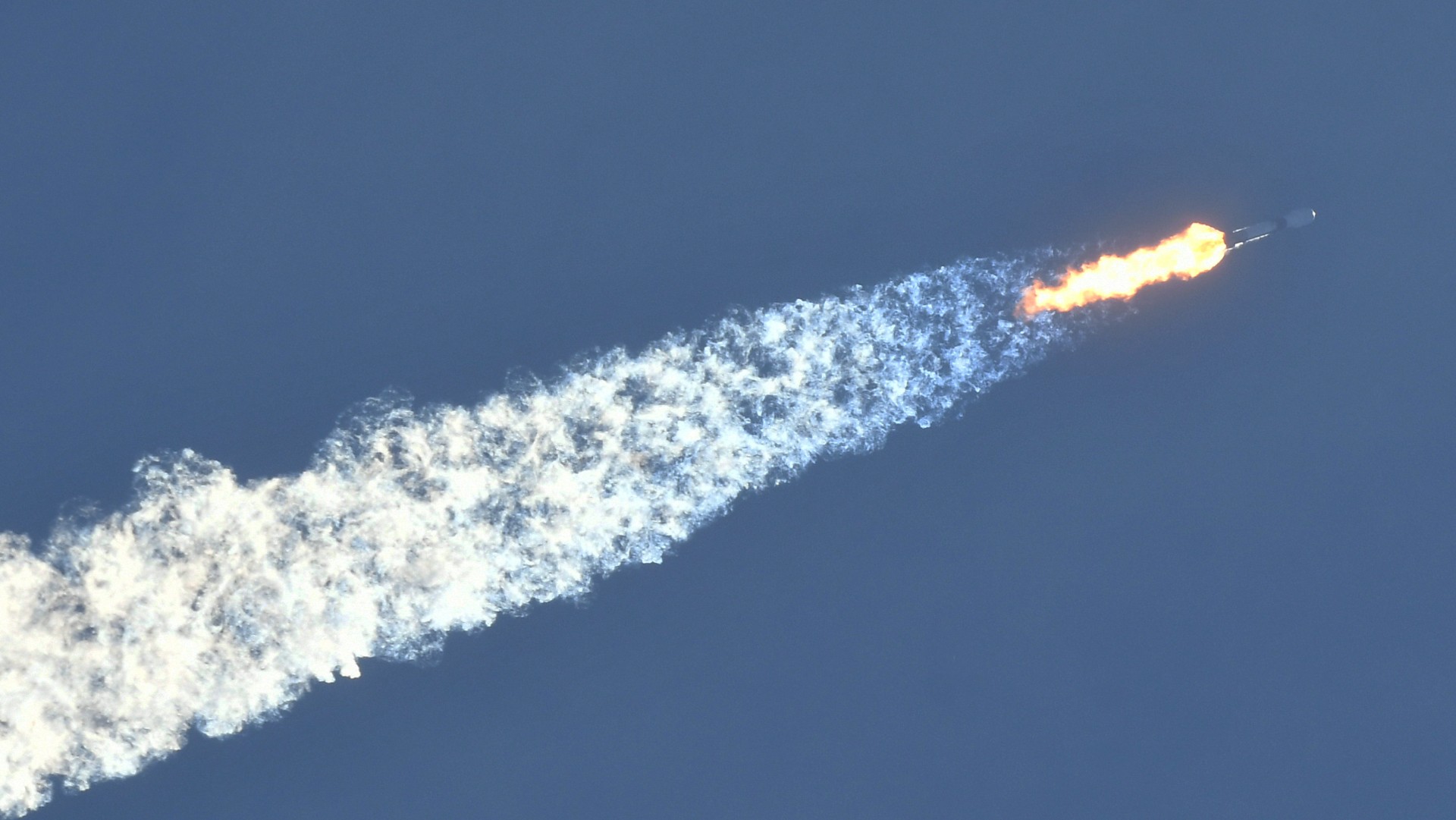 How worried we should be about space debris
How worried we should be about space debrisfeature As part of a rocket washes up in Australia scientists warn ‘critical mass’ of orbital junk could only be decades away